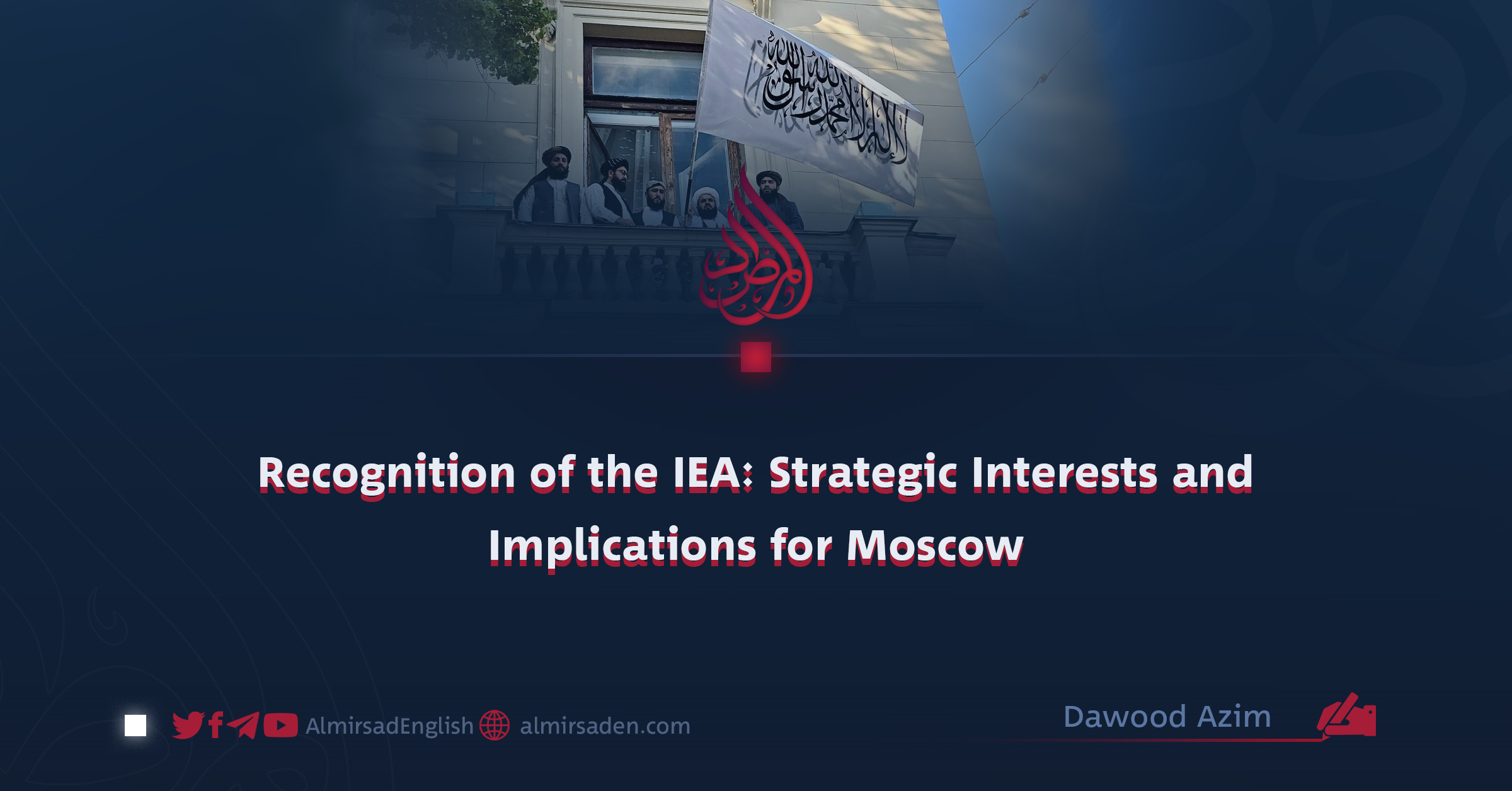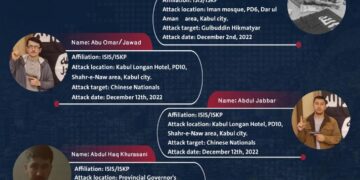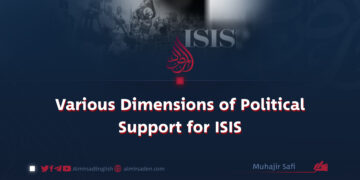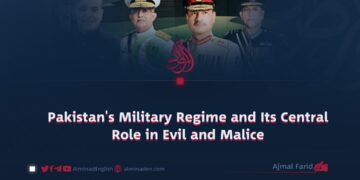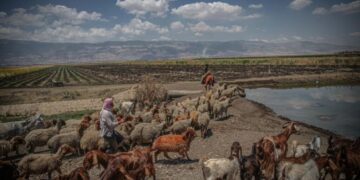Dawood Azim
Following two decades of occupation by NATO and the United States, Afghanistan has entered a new chapter in its political trajectory. In this new phase, sovereignty is derived from the will of the people and exercised independently of regional or global hegemony.
In this evolving geopolitical context, one of the most significant geopolitical developments has been the formal recognition of the Islamic Emirate of Afghanistan (IEA) by the Russian Federation. As a decisive actor in the affairs of Central Asia and the broader Middle East, Russia’s engagement with the IEA holds significant strategic weight. This analysis outlines the key political, economic, and ideological considerations which underpin Moscow’s recognition of the IEA:
• Ensuring Regional Stability
Among Russia’s foremost concerns is the security of its southern borders and the containment of instability in Central Asia. Formal diplomatic recognition of the IEA facilitates structured cooperation in securing borders, countering transnational threats, and preventing the spread of extremist or destabilizing forces. Such collaboration strengthens regional security and promotes mutual stability across Eurasia.
• Countering Western Exploitation
At a time when Western powers seek to exploit Afghanistan’s internal situation through sanctions and political pressure, Russia’s recognition of the IEA serves as a tangible counterweight. It acts as a barrier to Western schemes aimed at engineering regional crises and signals a decisive shift in the global balance of influence. This move affirms that Afghanistan is no longer a theater for foreign intervention and manipulation.
• Expanding Economic and Trade Cooperation
Strategically located at the crossroads of South and Central Asia, Afghanistan offers vital transit routes and possesses vast natural resources. Russia’s recognition of the IEA opens avenues for infrastructural investment, joint transportation corridors, energy pipelines, and regional trade projects. These developments not only help revitalize Afghanistan’s economy but also expand Russia’s access to new markets and solidify its economic presence in the region.
• Acknowledging Ground Realities
It is increasingly apparent to observers—including critics of the current system—that the IEA is a political reality firmly rooted in the will of the Afghan people and independent of foreign domination. Russia’s official recognition signals political maturity and a realistic understanding of the new regional dynamics, allowing for more effective and principled engagement.
• Strengthening Regional Cooperation
Recognizing the IEA also enables Russia to capitalize on multilateral cooperation mechanisms such as the Shanghai Cooperation Organization (SCO), regional infrastructure initiatives, and collective security frameworks. Constructive relations with Kabul foster deeper regional integration, enhance diplomatic coordination, and reinforce Moscow’s leadership role in Eurasian affairs.
• An Islamic Perspective on Governance
From an Islamic viewpoint, the establishment of a strong, independent Islamic government that upholds the interests of the Muslim Ummah and operates free of foreign subjugation serves as a source of dignity and strength for the broader Muslim world. When Muslims can live in peace and security under the guidance of Islamic values, the influence of hostile foreign powers recedes, and the unity of the Ummah is gradually reinforced.
In conclusion, the recognition of the IEA by Russia not only serves Moscow’s strategic, economic, and security interests but also symbolizes a principled acknowledgment of the Afghan people’s right to self-determination. Moreover, a strong Islamic government in Kabul represents not just a national necessity for its devout population, but also a significant bulwark against the infiltration and fragmentation efforts of foreign actors. It is a reality that the global powers—especially those seeking regional stability—can no longer afford to overlook.































